FAQ’s
Yes, our hourly tariffs are applicable. The reason for this is that we always prepare for the consultation in order to provide constructive and effective advice immediately.
No, we may bill all-inclusive fees or accept contingency fee agreements depending on the nature and facts of the case.
High Courts which used to be called “The Supreme Courts”. They listen to any case which is too serious for the Magistrate’s Court or when a person or organization goes to the court to change a decision of a Magistrate’s Court, which means appealing a case.
The Magistrates’ Courts are the lower courts which deal with the less serious criminal and civil cases. They are divided into regional courts and district courts. Ordinary Magistrates’ Courts can hear civil cases when the claims are for less than R100 000. They cannot deal with certain matters, such as:
- Divorces
- Arguments about a person’s will
- Matters where it is asked if a person is mentally sane or not
Yes, litigation in the higher court is more expensive as due to the fact that an Advocate must appear in Court and sign off pleading unless the attorney has a Right of Appearance in the High Court.
In simple terms, the purpose of the PoPI Act Protection of Personal Information Act is to ensure that all South African institutions conduct themselves in a responsible manner when collecting, processing, storing and sharing another entity’s personal information by holding them accountable should they abuse or compromise your personal information in any way.
If you process personal information, yes, regardless of the size of your company.
The provisions of the Consumer Protection Act No. 68 of 2008 (CPA) CPA applies to consumers and suppliers or goods and services. A business will not be protected under the CPA if its annual turnover exceeds R3million.
Judgment listing can be removed if the judgment debt is settled in full or if the judgment was taken in error or the data retention period has expired.
Yes, a judgment listing reflects on a credit profile for 5 years however a judgment debt remains valid and enforceable for 30 years.
Personal service in commercial matters is not a legal requirement provided that the summons was duly served on a domicilium citandi et executandi , registered address, residential address or place of employment.
A GO is an order made by a Magistrate’s Court, whereby the creditor attaches a portion of a debt owed to the debtor by a third party (“garnishee”). The garnishee will deduct part of the debt or pay all of the debt, due to the debtor, directly to the creditor. An EAO is a form of GO.
All standard delictual and contractual debt prescribe after 3 years unless judgment is entered or the running of prescription is interrupted. The National Credit Amendment Act, published 13 March 2015, prohibits the sale and collection of Prescribed Debt. Judgment debts and mortgage bonds prescribe after 30 years.
Antenuptial agreements, cessions, surety etc. must be reduced to writing however most agreements do not have to be reduced to writing. Oral contracts are as valid as written contracts however it is advisable that all commercial agreements pertaining to services, goods and money transactions are reduced to a written contract in order to avoid ambiguity, mitigate loss and protect the parties’ rights and remedies in the event of disputes. If there is not written a contract the common law and basic principal of contract will govern the transaction.
Yes and No. Yes because it will cover some aspects of the transaction and serve as documentary evidence in the event of dispute. No because without the necessary knowledge, skills and experience you may omit to address or misaddress important points which could lead to undesirable outcomes.
